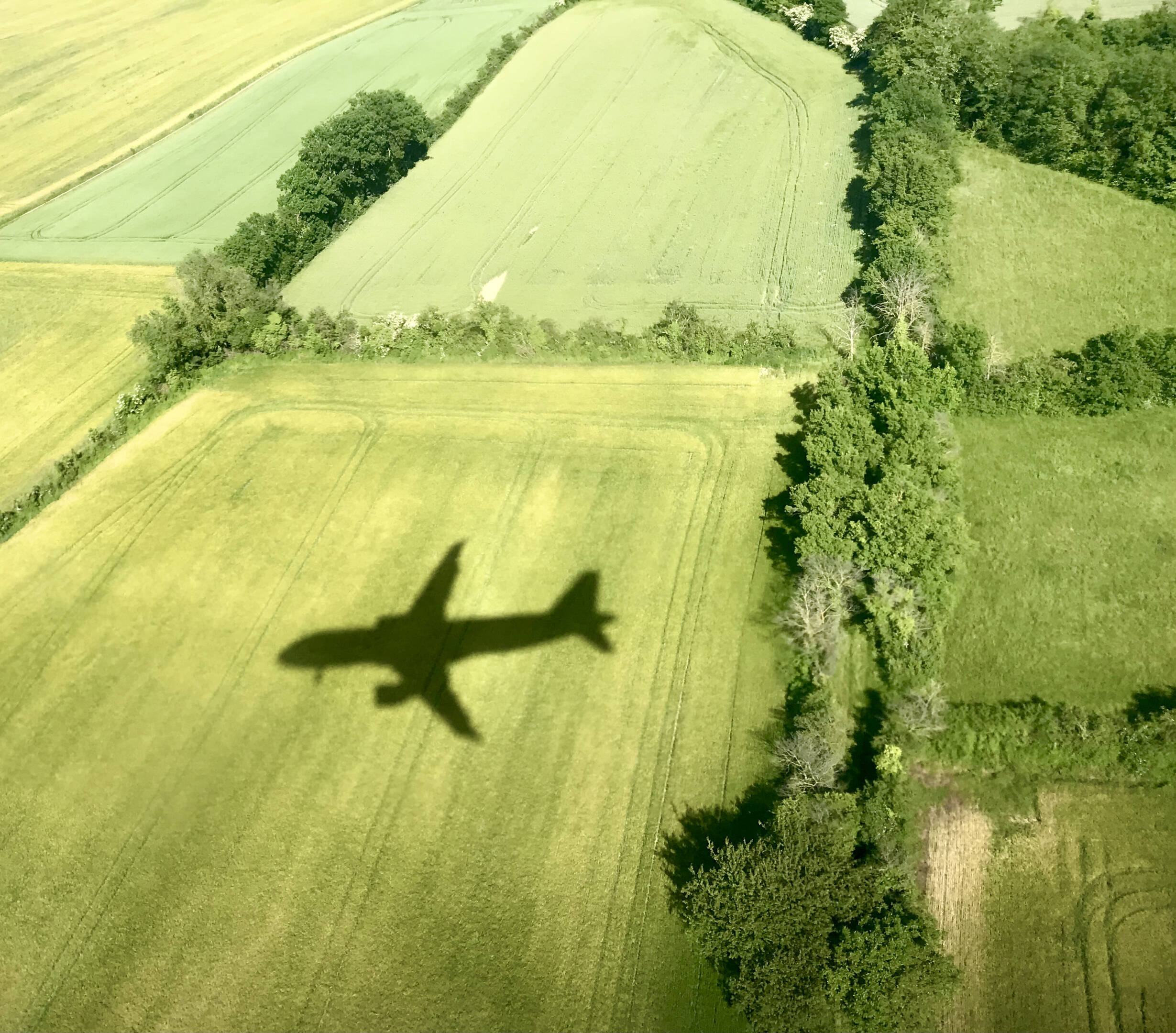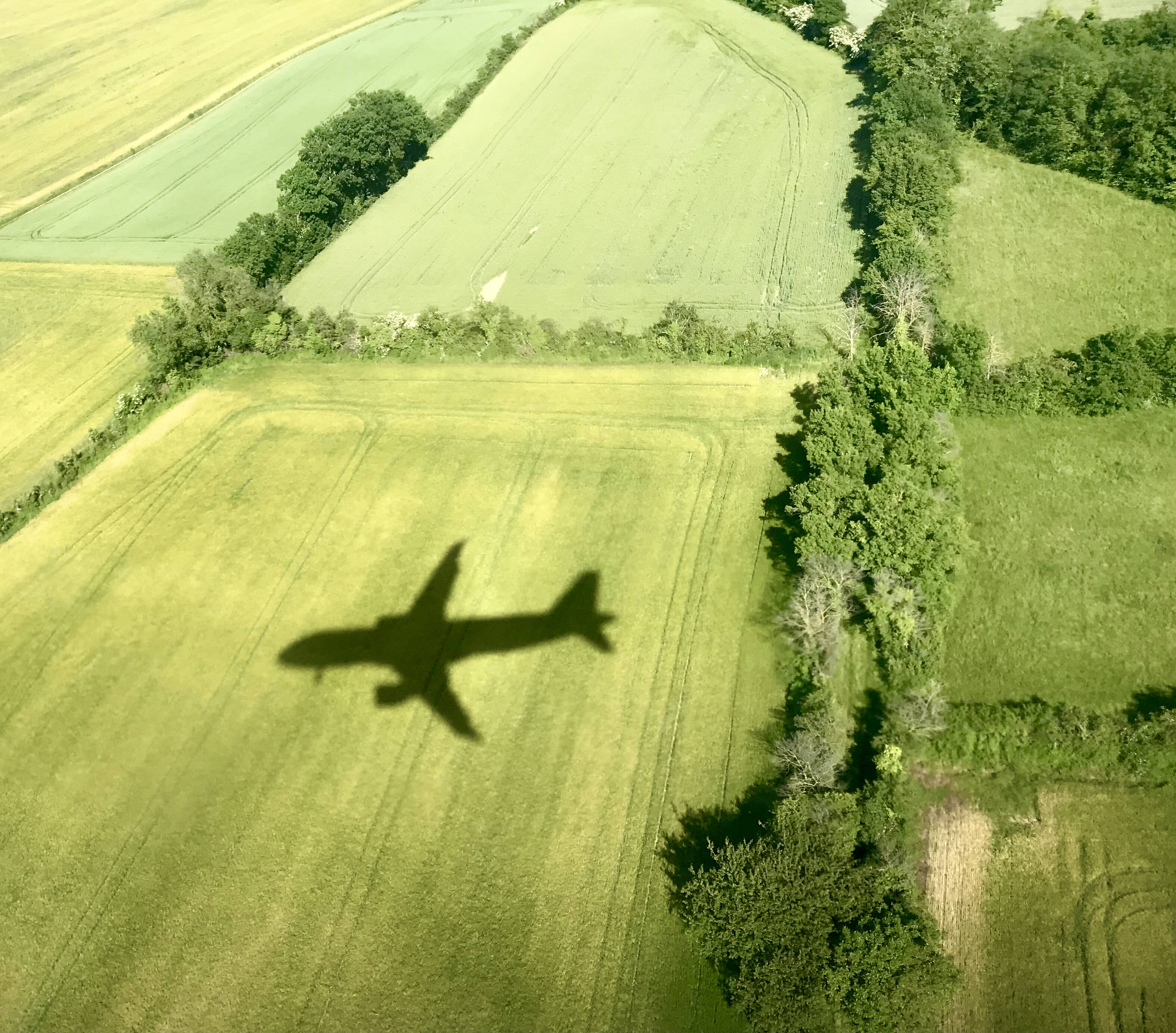Airspace Article



Airspace Article
About CANSO's Environmental Accreditation Programme, GreenATM
Four ANSPs are currently participating in a trial of the program. They are preparing submissions against an extensive questionnaire covering all relevant topics and an assessment is being done by an independent panel to ensure the objectivity and thoroughness of the programme elements.
Lessons learned from the trial will be incorporated to refine the final programme.
In the fourth quarter 2022, a Guide to GreenATM Accreditation manual will be available along with the final programme questionnaire. At that point, ANSPs can request the questionnaire and start preparing their submissions.
There will be a cost for the programme, which is being delivered on a cost recovery basis by CANSO.
“Other parts of the aviation industry have had accreditation programmes for years,” notes Bishop. “Providing a programme for ANSPs that recognises the unique nature of our business and how we can best influence environmental benefit is an important step. I am confident Members will find it useful and I am hopeful it will inspire higher ambition.”
When can my ANSP apply?


The GreenATM Programme is owned and governed by CANSO and will be administered in partnership with Think Research.
Who does the assessment?


Infrastructure and Utilities.
Other
Improved ATM
Governance
The program includes topics organised into four categories:
“GreenATM will recognise efforts to facilitate airspace users’ emission reductions and reductions in ANSPs’ own environmental footprint,” says Michelle Bishop, CANSO’s Director, Programmes. “The programme will provide a path to continuous improvement of the industry’s efforts on this important issue.”
GreenATM will meet the needs of ANSPs large and small and can be adapted to all business models and geographies.
“What is so exciting is that as the programme grows, best practice will be uncovered and shared across the industry,” says Bishop. “This will inspire coordinated action between ANSPs that will enable the delivery of initiatives that will greatly benefit the environment.”
Joining GreenATM will be a statement of positive intent from an organization and highlight the ATM industry’s stringent efforts to mitigate aviation’s environmental impact.
The most points are available in the Improved ATM category, which looks at initiatives to ensure efficient ground, enroute and terminal operations.
The programme’s points have been specifically weighted on those topics that promise to deliver the largest environmental benefit. To receive a Level 5 accreditation, ANSPs will need to score at least 80 out of a possible 100 points across the four categories.
But this isn’t a one-size-fits-all model. The accreditation process acknowledges that ANSPs have different operating environments and different business models.
“If an ANSP can demonstrate that they do not have accountability for a particular topic then points are reallocated within the same category to maintain the overall balance of the programme,” says Bishop.
GreenATM has five accreditation levels, which follows a recognised model in other CANSO Standard of Excellence programmes. ANSPs will be accredited at a single level following an assessment.
How does it work?
CANSO has launched GreenATM, an environmental accreditation programme providing air navigation service providers (ANSPs) with an independent, industry-endorsed assessment of their environmental efforts.
With sustainability so crucial to future strategies, GreenATM is designed to celebrate, educate, inspire, and provide credibility to ANSP’s environmental actions.

Potential costs and fees
Scope – whether there should be a focus on CO2 reductions or a more comprehensive environmental outlook
Programme design and administration
“Other parts of the aviation industry have had accreditation programmes for years, providing a programme for ANSPs that recognises the unique nature of our business and how we can best influence environmental benefit is an important step. I am confident Members will find it useful and I am hopeful it will inspire higher ambition.”
Michelle Bishop
CANSO Director of Programmes
In developing the programme, the CANSO Environment Workgroup considered a number of elements, including:

CANSO’s GreenATM programme will give credibility to the environmental work of air navigation service providers.
Read full article

Airspace Article



Airspace Article
About CANSO's Environmental Accreditation Programme, GreenATM
Four ANSPs are currently participating in a trial of the program. They are preparing submissions against an extensive questionnaire covering all relevant topics and an assessment is being done by an independent panel to ensure the objectivity and thoroughness of the programme elements.
Lessons learned from the trial will be incorporated to refine the final programme.
In the fourth quarter 2022, a Guide to GreenATM Accreditation manual will be available along with the final programme questionnaire. At that point, ANSPs can request the questionnaire and start preparing their submissions.
There will be a cost for the programme, which is being delivered on a cost recovery basis by CANSO.
“Other parts of the aviation industry have had accreditation programmes for years,” notes Bishop. “Providing a programme for ANSPs that recognises the unique nature of our business and how we can best influence environmental benefit is an important step. I am confident Members will find it useful and I am hopeful it will inspire higher ambition.”
When can my ANSP apply?


The GreenATM Programme is owned and governed by CANSO and will be administered in partnership with Think Research.
Who does the assessment?
GreenATM has five accreditation levels, which follows a recognised model in other CANSO Standard of Excellence programmes. ANSPs will be accredited at a single level following an assessment.
The program includes topics organised into four categories
- Governance
- Improved ATM
- Infrastructure and Utilities
- Other.
The most points are available in the Improved ATM category, which looks at initiatives to ensure efficient ground, enroute and terminal operations.
The programme’s points have been specifically weighted on those topics that promise to deliver the largest environmental benefit. To receive a Level 5 accreditation, ANSPs will need to score at least 80 out of a possible 100 points across the four categories.
But this isn’t a one-size-fits-all model. The accreditation process acknowledges that ANSPs have different operating environments and different business models.
“If an ANSP can demonstrate that they do not have accountability for a particular topic then points are reallocated within the same category to maintain the overall balance of the programme,” says Bishop.
How does it work?
CANSO has launched GreenATM, an environmental accreditation programme providing air navigation service providers (ANSPs) with an independent, industry-endorsed assessment of their environmental efforts.
With sustainability so crucial to future strategies, GreenATM is designed to celebrate, educate, inspire, and provide credibility to ANSP’s environmental actions.
In developing the programme, the CANSO Environment Workgroup considered a number of elements, including:
- Programme design and administration
- Scope – whether there should be a focus on CO2 reductions or a more comprehensive environmental outlook
- potential costs and fees
“GreenATM will recognise efforts to facilitate airspace users’ emission reductions and reductions in ANSPs’ own environmental footprint,” says Michelle Bishop, CANSO’s Director, Programmes. “The programme will provide a path to continuous improvement of the industry’s efforts on this important issue.”
GreenATM will meet the needs of ANSPs large and small and can be adapted to all business models and geographies.
“What is so exciting is that as the programme grows, best practice will be uncovered and shared across the industry,” says Bishop. “This will inspire coordinated action between ANSPs that will enable the delivery of initiatives that will greatly benefit the environment.”
Joining GreenATM will be a statement of positive intent from an organisation and highlight the ATM industry’s stringent efforts to mitigate aviation’s environmental impact.
